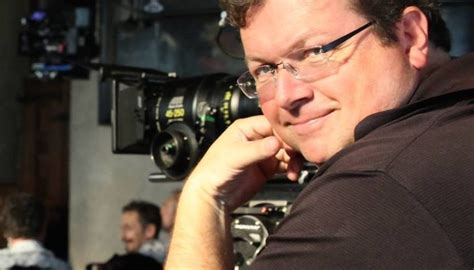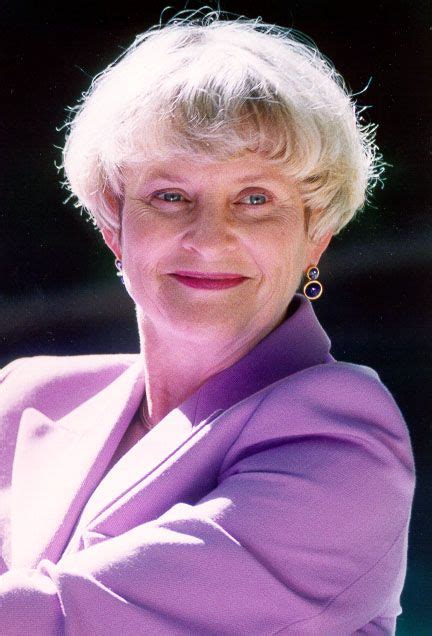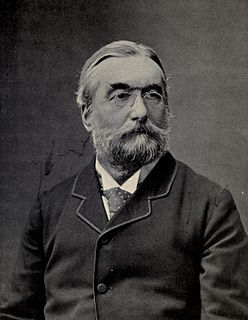A Quote by Gilbert K. Chesterton
Unfortunately, 19th-century scientists were just as ready to jump to the conclusion that any guess about nature was an obvious fact, as were 17th-century sectarians to jump to the conclusion that any guess about Scripture was the obvious explanation . . . . and this clumsy collision of two very impatient forms of ignorance was known as the quarrel of Science and Religion.
Related Quotes
I was really interested in 20th century communalism and alternative communities, the boom of communes in the 60s and 70s. That led me back to the 19th century. I was shocked to find what I would describe as far more utopian ideas in the 19th century than in the 20th century. Not only were the ideas so extreme, but surprising people were adopting them.
After readinf some essay on the nature of human fallibility, I was very aware that we are the recipients of a huge amount of discovery over the last century. Medicine exemplifies this. And that has transitioned us from a world in which people's lives were mostly governed by ignorance to one that's constrained by ineptitude. A century ago, we didn't know, for instance, what diseases afflicted us, what their nature really was, or what to do about them. And that has changed.
People have asked me about the 19th century and how I knew so much about it. And the fact is I really grew up in the 19th century, because North Carolina in the 1950s, the early years of my childhood, was exactly synchronous with North Carolina in the 1850s. And I used every scrap of knowledge that I had.
Well into the 19th century there were pronouncements from just about every branch of science and medicine that reading, writing, and thinking were dangerous for women. Articles in the Lancet declared that women's brains would burst and their uteruses atrophy if they engaged in any form of rigorous thinking. The famous physician J.D. Kellogg insisted that novel reading was the greatest cause of uterine disease among young women and urged parents to protect their daughters from the dreaded consequences of print.
In drawing an inference or conclusion from facts proved, regard must always be had to the nature of the particular case, and the facility that appears to be afforded, either of explanation or contradiction. No person is to be required to explain or contradict, until enough has been proved to warrant a reasonable and just conclusion against him, in the absence of explanation or contradiction.
No matter how one approaches the figures, one is forced to the rather startling conclusion that the use of firearms in crime was very much less when there were no controls of any sort and when anyone, convicted criminal or lunatic, could buy any type of firearm without restriction. Half a century of strict controls on pistols has ended, perversely, with a far greater use of this weapon in crime than ever before.
In the 19th century, when Muslims were looking at Europe as an example, they were independent; they were more self-confident. In the early 20th century, with the fall of the Ottoman Empire, the whole Middle East was colonized. And when you have colonization, what do you have? You have anti-colonization.






































